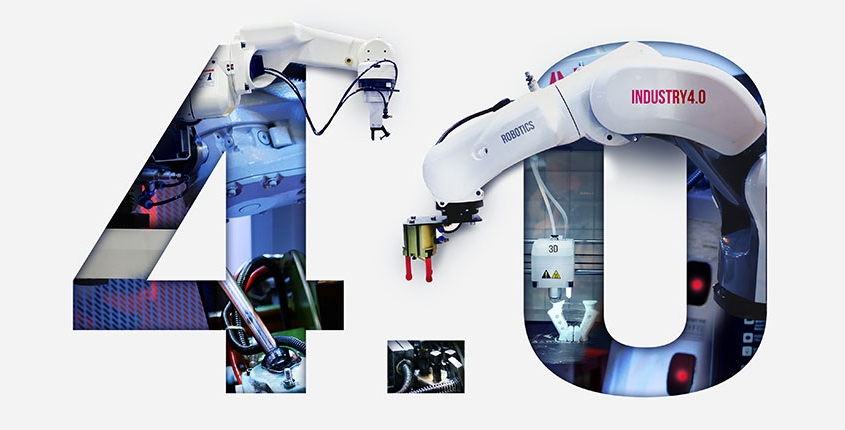The Fourth Industrial Revolution: Australian businesses in transition report released by AI Group
The AI Group has released a report titled The Fourth Industrial Revolution: Australian businesses in transition, that has provided insight into the how businesses are taking to the transition to Industry 4.0.
The report suggests that businesses are altering the way they operate to take advantage of the wave of connected and automated technology that is sweeping industries.
Data from the report has predominantly focused on the manufacturing, services, construction and mining industries, industries that are all very active in transitioning to the digital ‘Industry 4.0’.
Speaking on the findings from this latest report, AI Group Chief Executive, Innes Willox, said the transition to Industry 4.0 was slowly making progress, however a number of industries are yet to fully embrace the move.
“In our latest report, we find that the Australian businesses are currently transitioning to and within Industry 4.0. An overall finding is that there has been substantial progress in embracing Industry 4.0. But the gap between 4.0 leaders and the majority of businesses is substantial,” said Willox.
“We have found that companies are punching above their weight, doing amazing things with new technology and leading the way for others. As expected, such steps are often neither perfect nor easy and present success along with their own practical challenges.
“Others are not yet adopting 4.0 building blocks under any label. For example, despite expected cost efficiencies through adoption of connected devices, often called the Internet of Thins (IoT), challenges remain for promoting the business value of IoT. According to the latest ABS data on business use of IT, more than 60% of businesses did not see any value in IoT – a pillar of Industry 4.0.”
The largest deterrent to businesses participating in the movement to Industry 4.0 was cyber security threats, which was found to be a growing and evolving risk management issue for businesses.
According to the report, 32% of businesses claimed they had experienced a cyber security incident, an alarmingly high number when you take into consideration the additional number of businesses that experienced a cyber incident that they were unaware of. The top three most common form of cyber incidents came from hacking, phishing and malware.
The increase in cyber security threats came even after the Australian Notable Data Breaches (NDB) Scheme was introduced by the Federal Government, which required any organisation or agency to notify affected individuals when a data breach was likely to result in serious harm to an individual where personal information is involved.
“Even with improvements in cyber security investment, notifiable data breaches under the NDB Scheme point to the need for improved cyber security and data management posture within organisations, where government support might assist,” said Willox.
The overall scope of the report pointed to the fact that businesses need more assistance and information to navigate the period of digitalization currently being experienced.
“This need is not just for businesses but the full range of organisations and individuals. Governments can provide strong visionary leadership. Australia needs to achieve inclusive growth. Making the most of the Fourth Industrial Revolution is essential to that goal,” said Willox.
The report also outlined nine public policy priorities that would support the transition of businesses to Industry 4.0.
- Cyber secure, resilient and trusted businesses.
- Business and technology investment.
- Innovation ecosystem.
- Legal and regulatory framework.
- Standards
- Sustainability
- Trade
- Workforce skills
- Workplace relations










